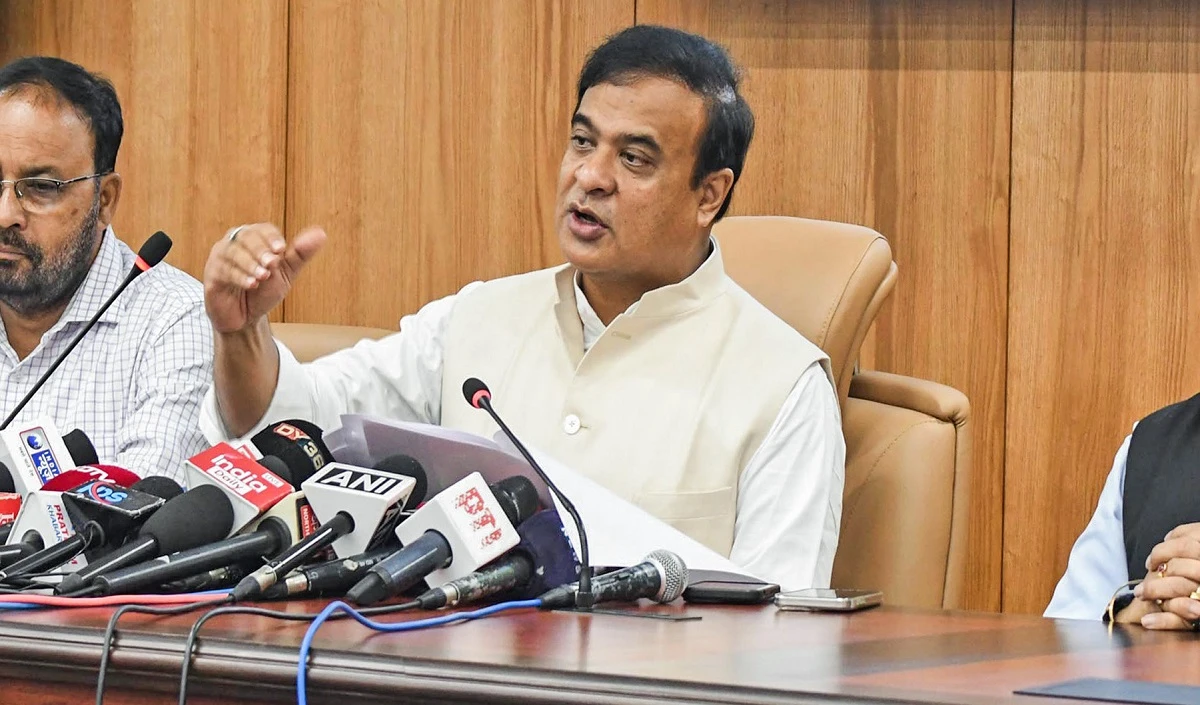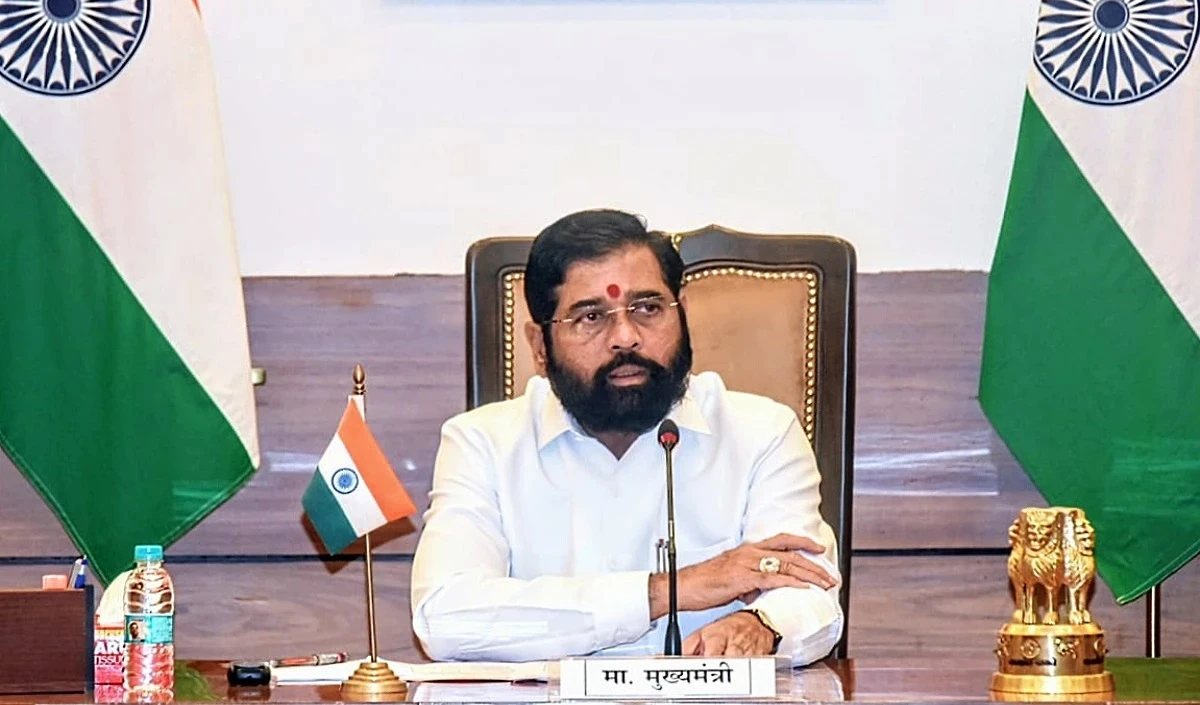Diwali starts from Dhanteras. Dhanteras puja is also known as Dhantrayodashi. Buying new things on the day of Dhanteras is considered auspicious. The festival of Dhanteras marks the first day of Diwali festival. This festival is believed to bring prosperity and health in the lives of people and hence it is celebrated with great enthusiasm. There is also a tradition of buying silver on the day of Dhanteras. If this is not possible then buy some utensil. The reason behind this is believed to be that it is a symbol of the moon which provides coolness and wealth in the form of contentment resides in the mind.
This day has special significance from religious and historical point of view also. It is said in the scriptures that in families where lamps are donated for Yamraj on the day of Dhanteras. There is no untimely death there. Diwali decorations in homes also start from this day. On this day, Goddess Lakshmi is invoked by plastering houses, making checks, rangoli and lighting lamps in the evening. It is considered auspicious to change old utensils and buy new utensils on this day. Buying silver utensils on Dhanteras brings immense virtuous benefits. On this day, after taking Kartik bath, lamps should be lit for three days at places like ghat, cowshed, well, stepwell, temple etc. during Pradosh period.
According to Hindu mythology, it is believed that during Dhanteras one should light 13 lamps in one’s home and pray for good health and prosperity. Out of which, the first should be burnt in the south direction for Lord Yama and the second for Goddess Lakshmi, the goddess of wealth. Similarly, two lamps should be placed at the main entrance of your house, one lamp for Tulsi Maharani, one lamp on the roof of the house and the remaining lamps should be placed in different corners of the house. It is believed that these 13 lamps protect from negative energy and evil spirits.
Also read: Dhanteras 2024: After 100 years, Dhanteras will be celebrated in 5 rare combinations
The day of Dhanteras is also Dhanvantari Trayodashi or Dhanvantari Jayanti. Dhanteras is also celebrated as the birthday of the God of Ayurveda. On this day Ganesh Lakshmi is brought home. On this day, along with the worship of Lakshmi and Kuber, Yamraj is also worshipped. This is the only day in the entire year when Yamraj, the god of death, is worshipped. This puja is not done during the day but at night a lamp is lit for Yamraj.
On the day of Dhanteras, Yamuna bath is also done to please Yamuna or if Yamuna bath is not possible then just remembering Yamuna ji while taking bath also pleases Yamuna. It is a belief in Hindu religion that both Yamraj and Goddess Yamuna, being the children of Sun, are brother and sister and there is great love between them. Therefore, Yamraj becomes very pleased with those who donate lamps after taking a bath in Yamuna and frees them from the blame of untimely death.
On the day of Dhanteras, a flour lamp is made for Yama and kept at the main entrance of the house. This lamp is called Yamdiva i.e. the lamp of Yamraj. At night, the women of the house pour oil in the lamp, make new cotton wicks and light four lamps. The wick of the lamp should be kept towards the south. Women worship Yama by lighting a lamp along with water, roli, flowers, rice, jaggery, naivedya etc. Since this lamp is lit for Lord Yamraj, the controller of death, hence while lighting the lamp, one should bow to him with full devotion. Also pray that they keep a merciful eye on your family and that no one dies untimely. There is also a tradition of lighting lamps outside the main gate of the house and in the courtyard on the evening of Dhanteras.
To worship Lord Yamraj, the god of death, on Dhanteras, make a Swastika with Roli on an altar (Patta) in the evening. Place a lamp on that Swastika, light it and put a rod with holes in it. Now sprinkle Ganga water three times around this lamp. Apply Tilak to the lamp with Roli and offer Akshat and sweets etc. After this, keep some Dakshina etc. in it which can later be given to a Brahmin. Now offer some flowers on the lamp. After this, salute the lamp with folded hands and apply tilak to each member of the family. Now place this lamp on the right side of your main door. After worshiping Yam, finally perform Dhanvantari puja.
There is a folk tale behind this practice. According to the story, once upon a time there was a king whose name was Hem. By divine grace he was blessed with a son, Ratna. When the astrologers made the horoscope of the child, they found out that the child would die exactly four days after his marriage. The king was very sad to know this and he sent the prince to a place where no woman’s shadow could fall. Luckily, one day a princess passed by and both of them were fascinated by each other and got married to the Gandharvas.
After the marriage, the rituals came to light and four days after the marriage, Yamdoot came to take the life of that prince. When Prince Yamdoot was taking his life, his heart was moved after hearing the lamentation of his newly married wife. But according to the law he had to do his work. While the Yamdoots were saying this to Yamraj, at the same time one of them requested Yamdevata. O Yamraj, is there no solution by which man can be freed from the writ of untimely death? Due to this request of the messenger, Yamadev said, O messenger, untimely death is the speed of karma. Let me tell you an easy way to get rid of this, so listen. On the night of Kartik Krishna Paksha, the creature who worships in my name and offers the lamp rosary towards the south. He has no fear of untimely death. This is the reason why people keep lamps lit outside the house towards the south on this day.
Since it is a festival of prosperity, people also clean their houses, give them a new color and decorate them in many ways. Dhanteras makes everyone feel prosperous and in good health. Diwali is a festival based more on health and environment than money. Diwali is a festival which has its own environmental implications. There is a close relationship between change in weather and festival of lights. Understanding this, please do not do activities that harm the environment on Diwali.
Ramesh Saraf Dhamora
(The author is an independent journalist accredited by the Government of Rajasthan.)



